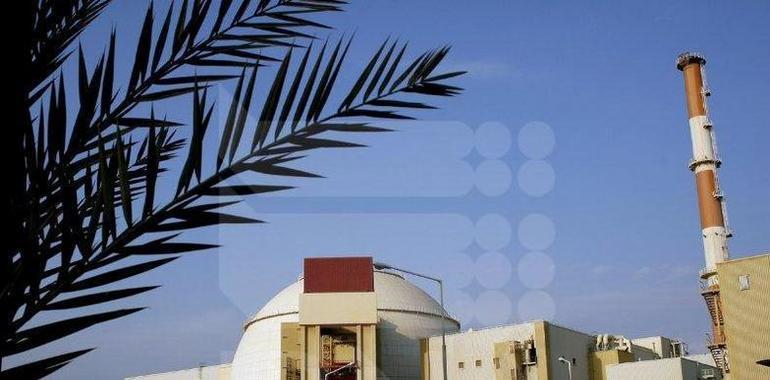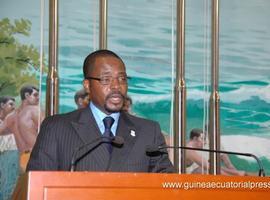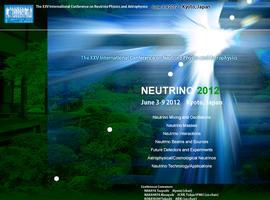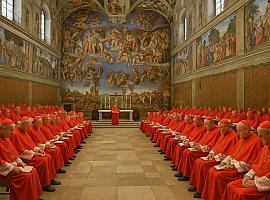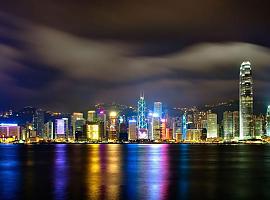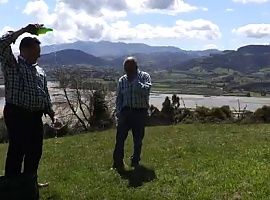Moscow, June 5, IRNA – Bushehr nuclear power plant Russian builder AtomStroyExport high-ranking official, Valery Limarenko, declared here on Monday that the preparatory actions for full use of the plant have already been taken.
Limarenko as acting president of AtomStroyExport, who also is the director of the Nizhny Novgorod Atomenergoproekt, anther major Russian company active in the field of construction of nuclear power plants abroad told reporters.
However, the official did not expresse the exact time of full start up of the plant.
“Since safety is the first priority for the Russian builder of Bushehr nuclear power plant, it will not complete the construction hastily,” he added.
Limarenko had told Russian International News Agency of RIA Novosti recently that the industrial exploitation of the Bushehr nuclear power plant will be fulfilled before the end of 2012.
In a statement, Russia's Atomstroyexport pointed recently to the test conducted on the equipment of the plant on May 1, saying that the power plant successfully generated electricity at 90 percent of its capacity during the test process.
Iran held a ceremony in September 2011 to mark the preliminary launch of the Bushehr plant.
The facility operates under the full supervision of the International Atomic Energy Agency (IAEA).
The Bushehr nuclear plant construction started by German engineers in the 1970s and was completed by Russia, which continues to help keeping it running and provides fuel for it.
The Bushehr plant is boosting electricity production in Iran.
Iran's President Ahmadinejad announced in 2010 that Tehran experts would soon start locating proper sites for 15 to 20 nuclear power plants.
According to a parliament bill, Iran should generate 20,000 Megawatts of nuclear-powered electricity in the next decade.
Washington and its Western allies accuse Iran of trying to develop nuclear weapons under the cover of a civilian nuclear program, while they have never presented any corroborative evidence to substantiate their allegations. Iran denies the charges and insists that its nuclear program is for peaceful purposes only.
Tehran stresses that the country has always pursued a civilian path to provide power to the growing number of Iranian population, whose fossil fuel would eventually run dry.
Despite the rules enshrined in the Non-Proliferation Treaty (NPT) entitling every member state, including Iran, to the right of uranium enrichment, Tehran is now under four rounds of UN Security Council sanctions for turning down West's calls to give up its right of uranium enrichment.
Tehran has dismissed the West's demands as politically tainted and illogical, stressing those sanctions and pressures merely consolidate Iranians’ national resolve to continue the path.
